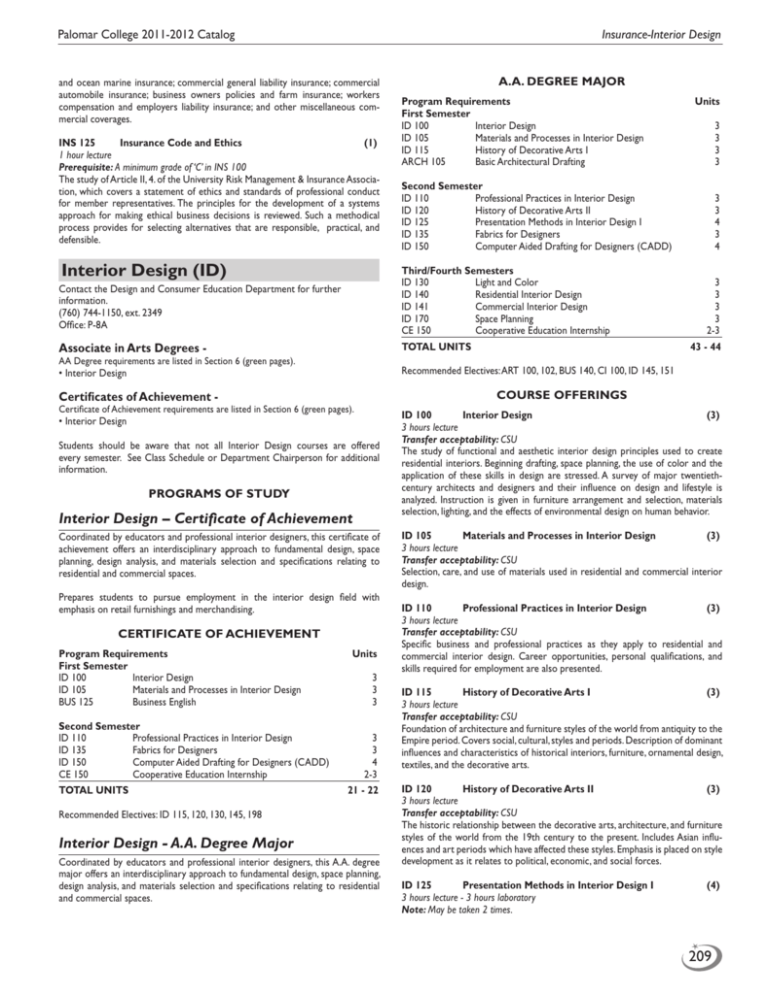


In addition to passing the NCIDQ exam, designers must complete 12 hours of continuing education per year in order to use the title “registered interior designer.” Like the other states below, Texas has a title act, meaning that the state does not regulate the practice of interior design, only the title of “registered interior designer.” Those who do not wish to register can still use the term “interior designer.” (Note, however, that in many states, other types of business licenses may be necessary if you are launching your own firm.) In Texas, becoming a registered interior designer is voluntary and allows for signing off on permitting in code-impacted environments. To learn about requirements in other states, visit IIDA's advocacy page. (Unlike Florida, some states detail certain exceptions and substitutions for designers who have been in business for decades.) Below, the requirements for five states-Texas, New York, Illinois, California, and Georgia-are outlined. Velasquez suggests joining a study group at a local chapter of IIDA or the American Society of Interior Designers (ASID) to prepare for the intensive test, which covers book knowledge as well as professional experience and typically costs $1,325. Most states that offer licensure require a combination of education from an accredited school, work experience, and passing the National Council for Interior Design Qualification (NCIDQ). The lesson of this cautionary tale? If you plan to work in multiple states, getting certified in each, wherever possible or necessary, “is an important part of the picture,” says IIDA's Velasquez. “I'm pleased as punch, but also kind of shocked,” says Brasloff of the experience. Putting together a dossier of her commercial and residential work, drawings, her college degree and curriculum, thousands of documented work hours, and all of the other required paperwork, he was able to prove her proficiency. “I treated it like a court case,” says the consultant. After sorting through the red tape, Brasloff eventually got his client the licenses.

In addition to the state license, she would need to be registered in each Florida county that she'd be working in.


 0 kommentar(er)
0 kommentar(er)
